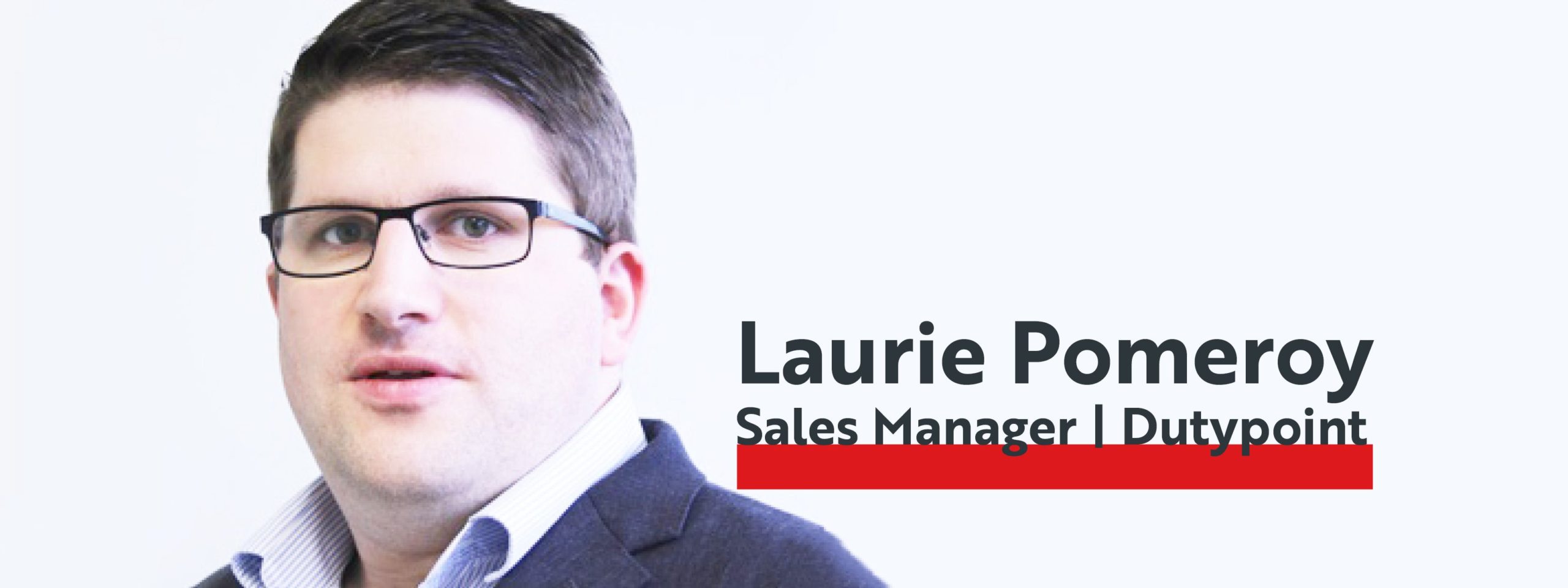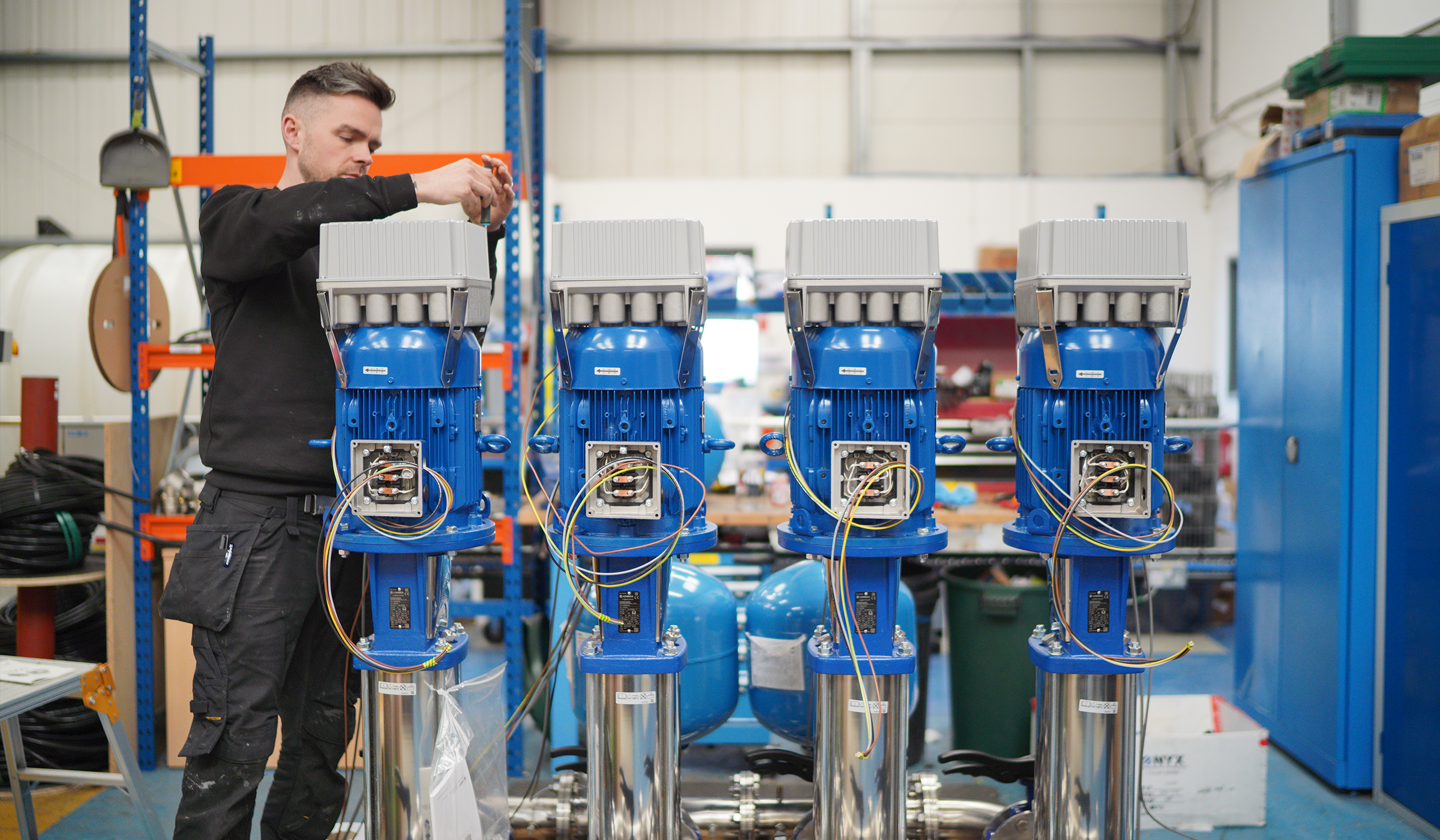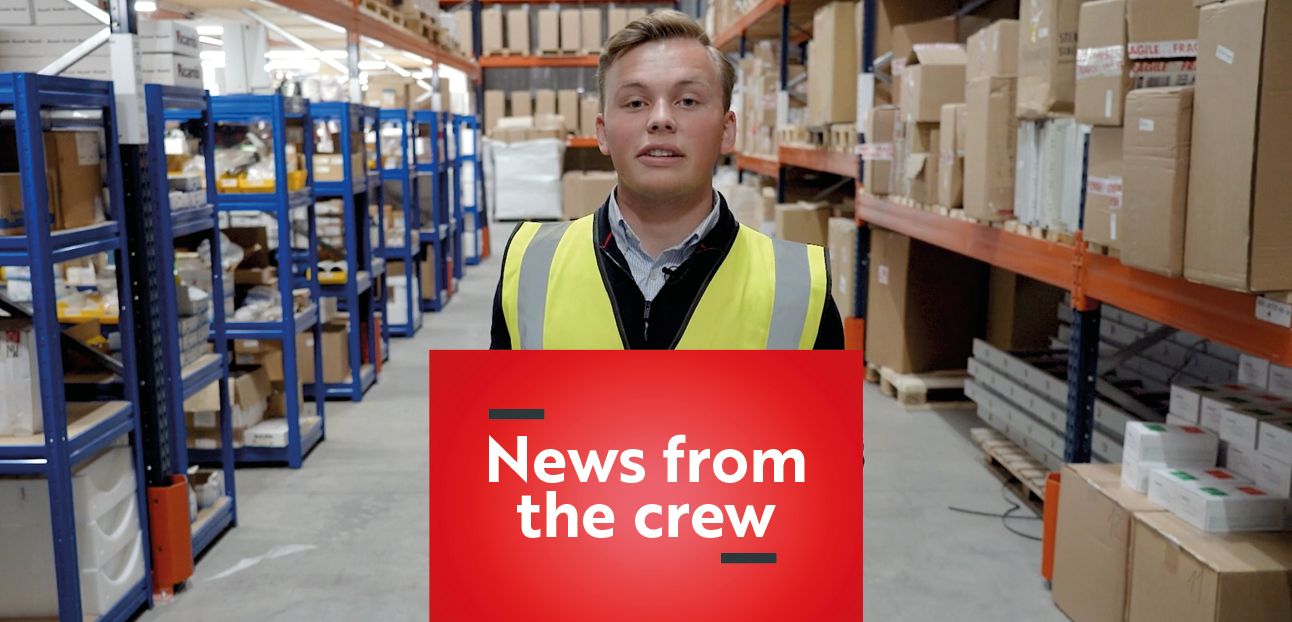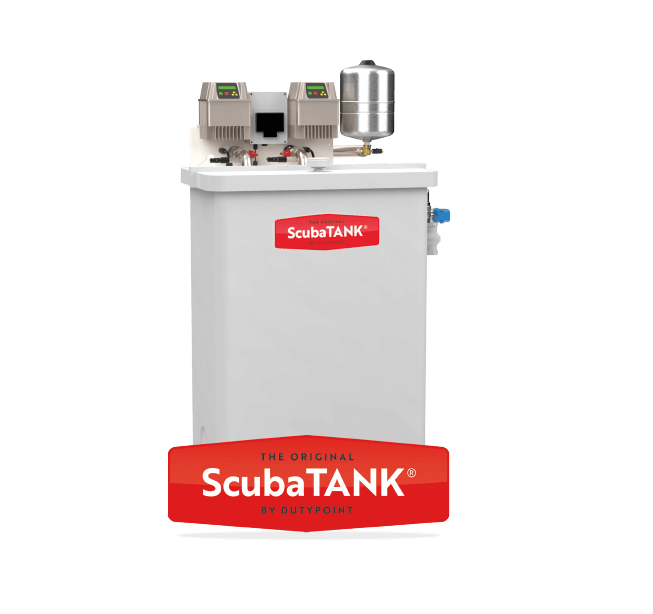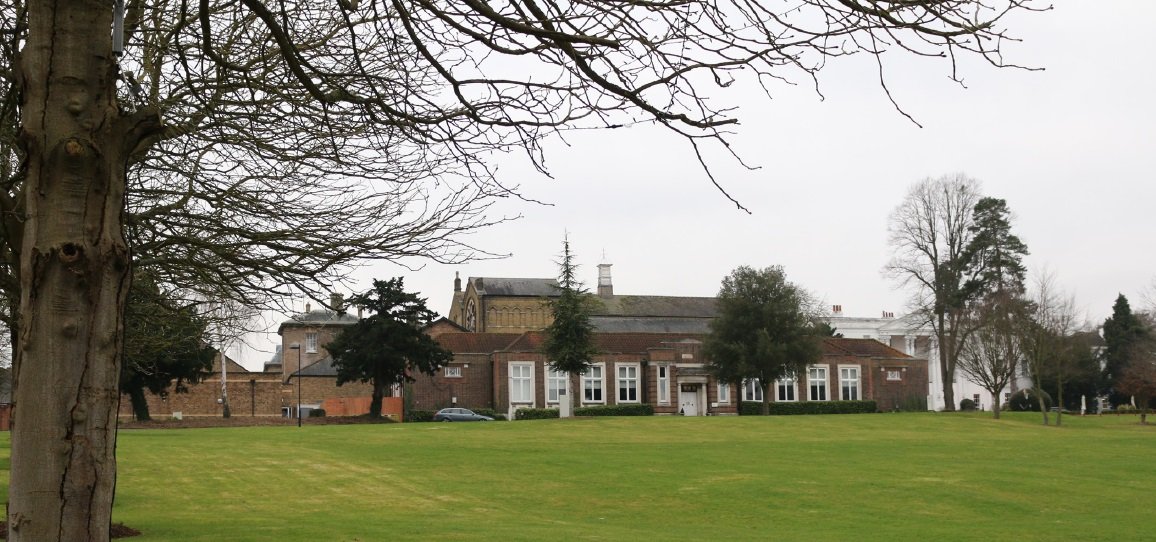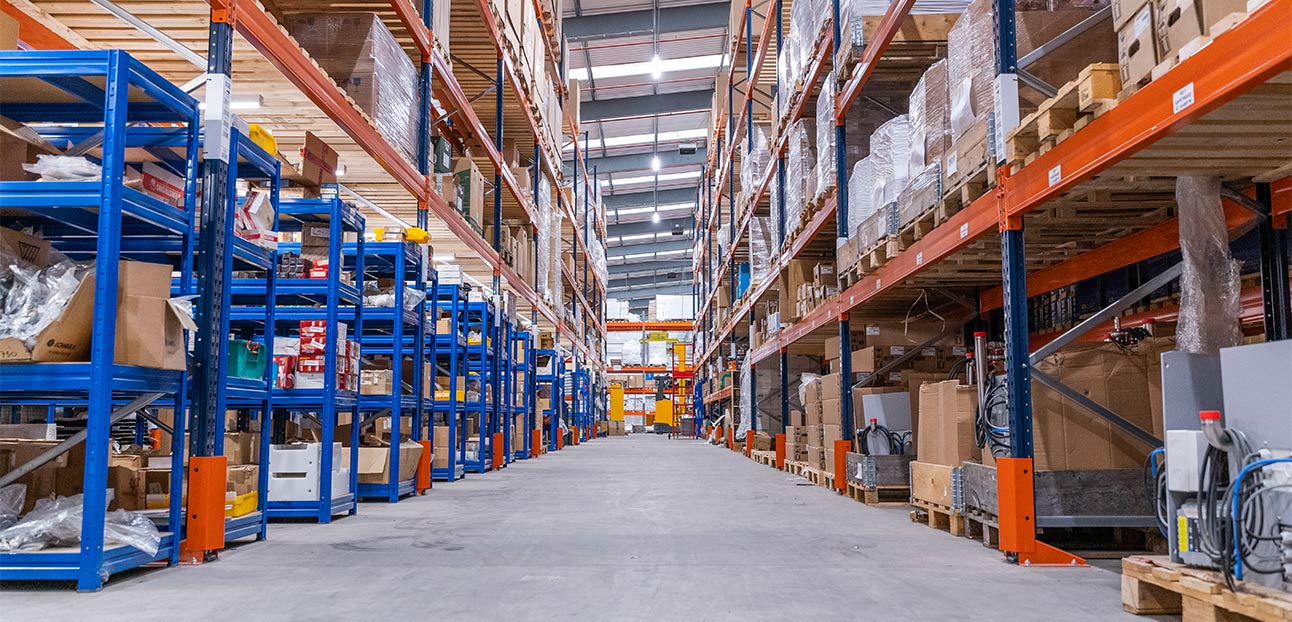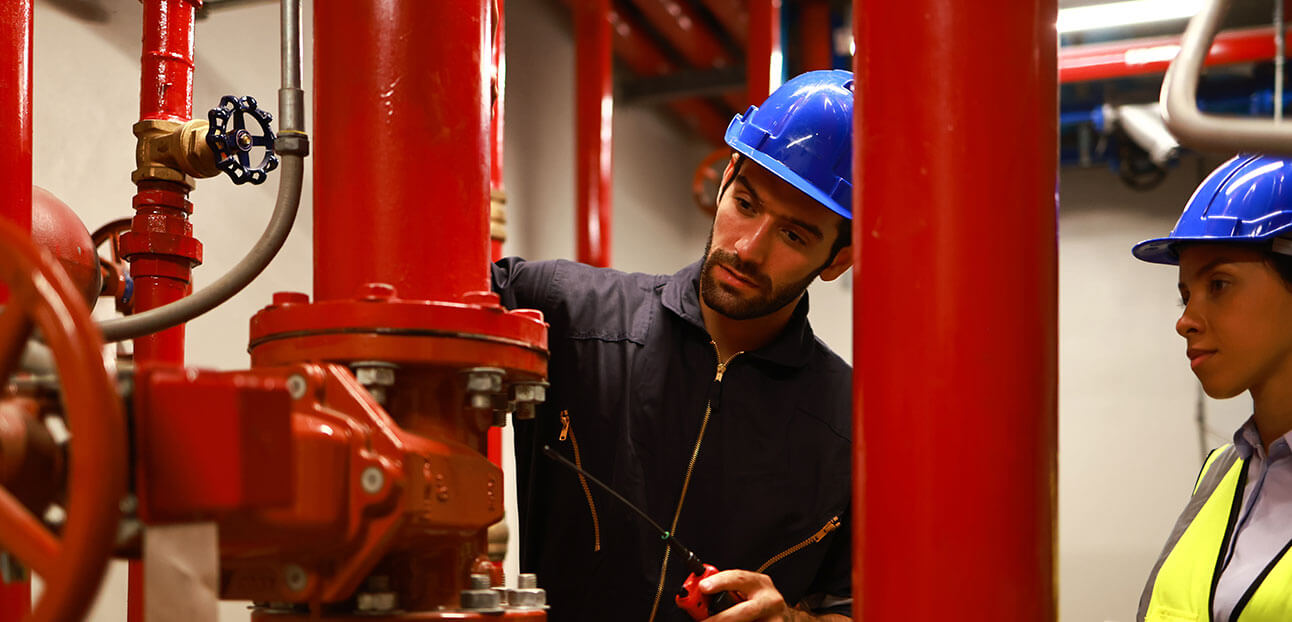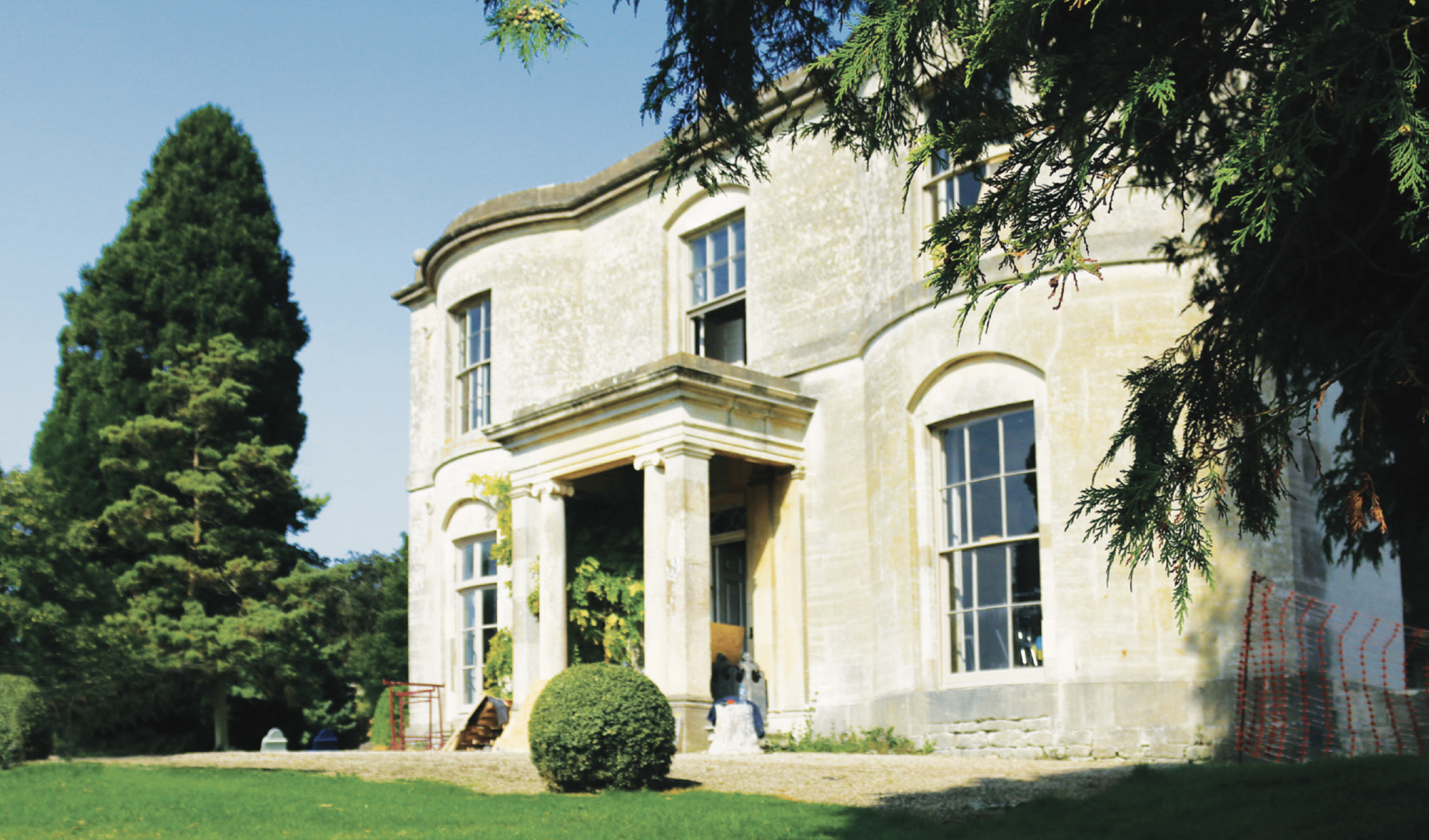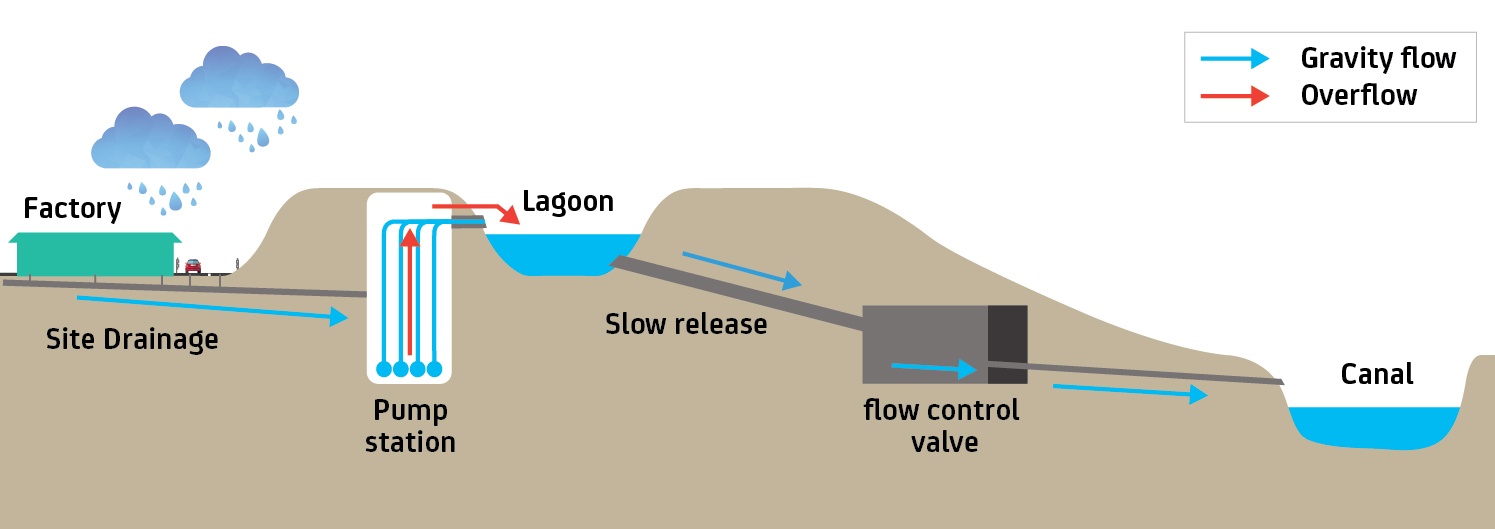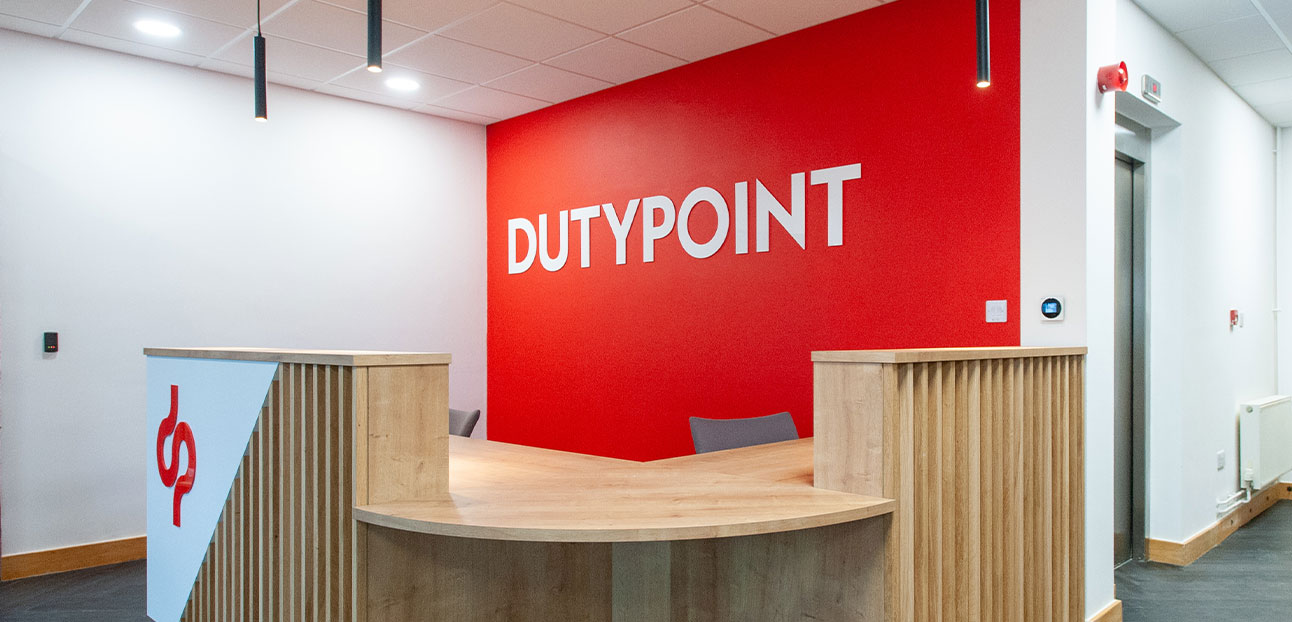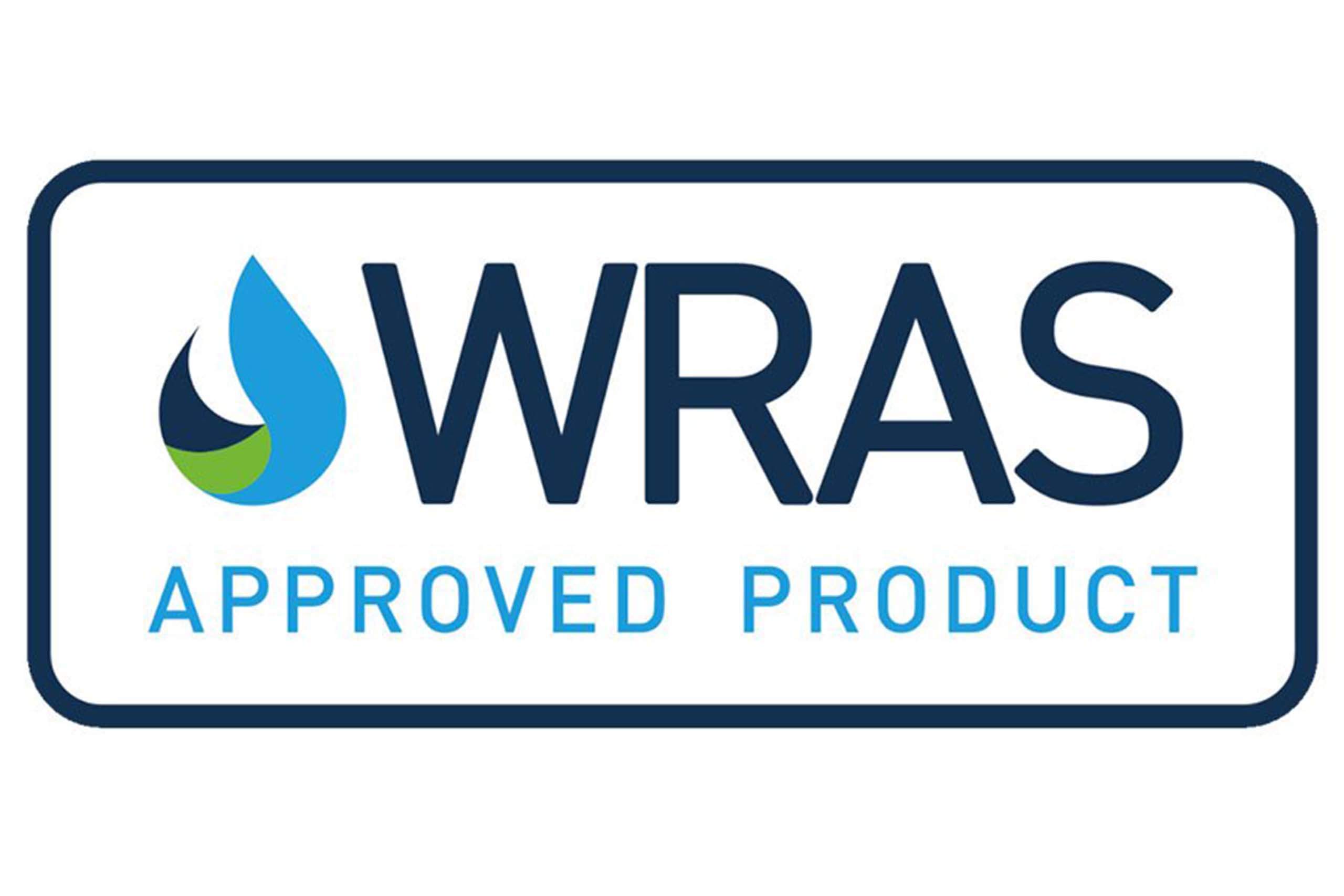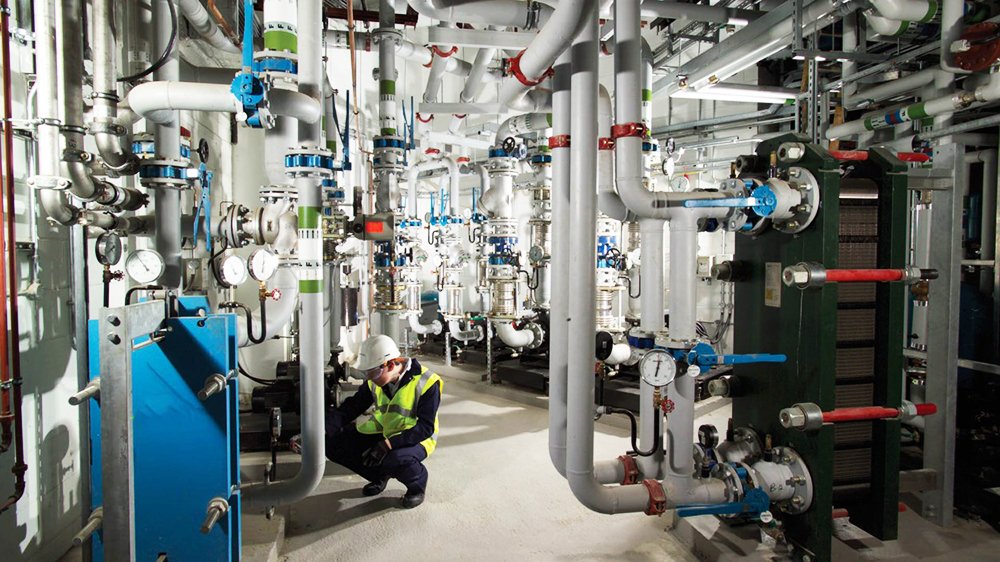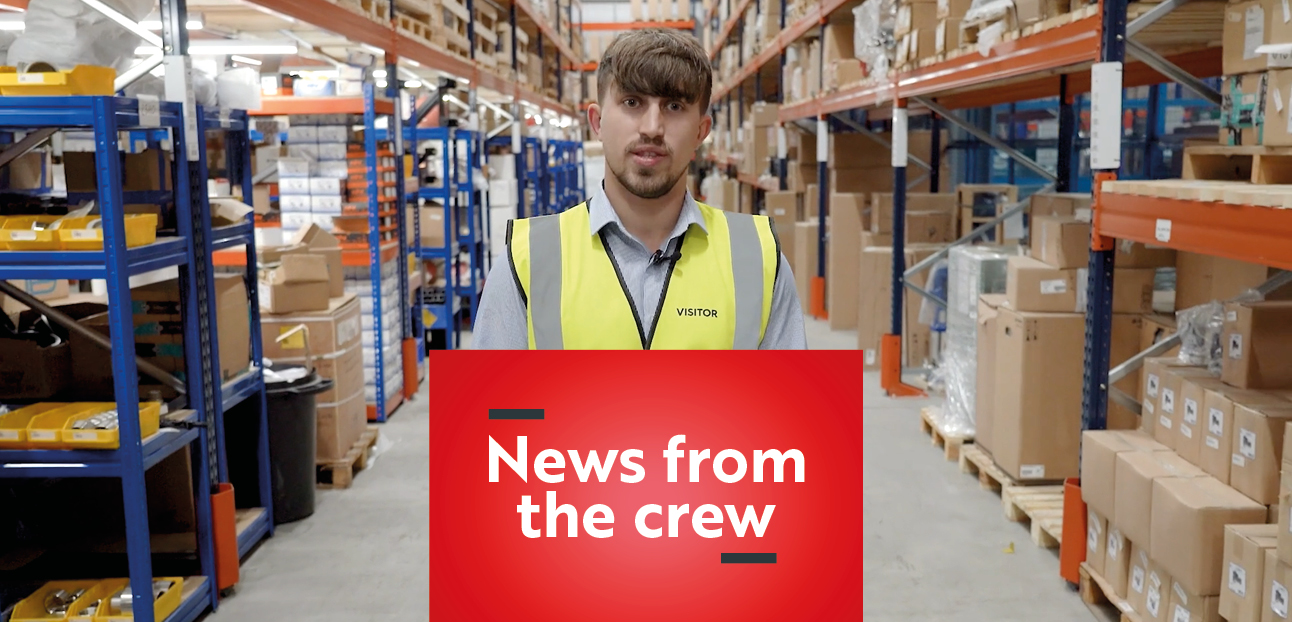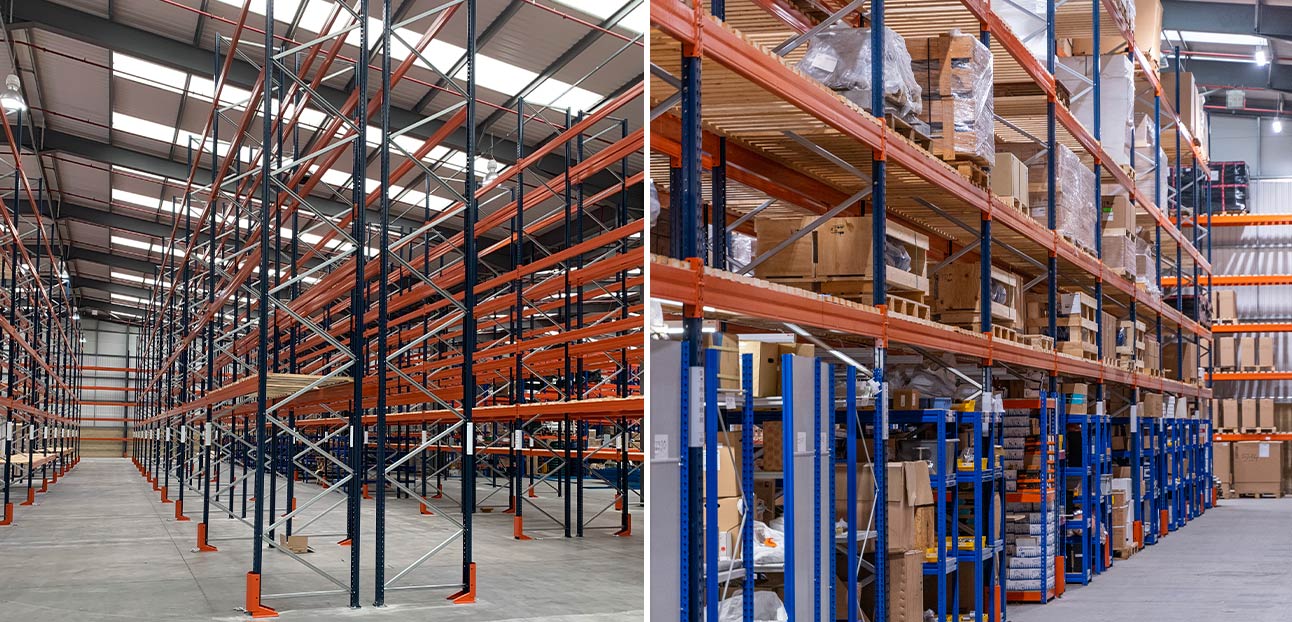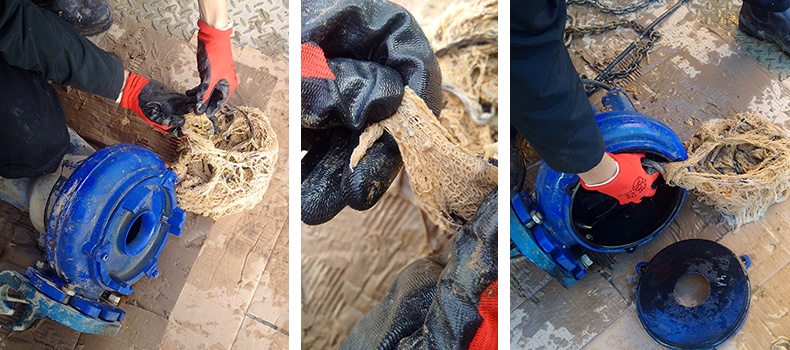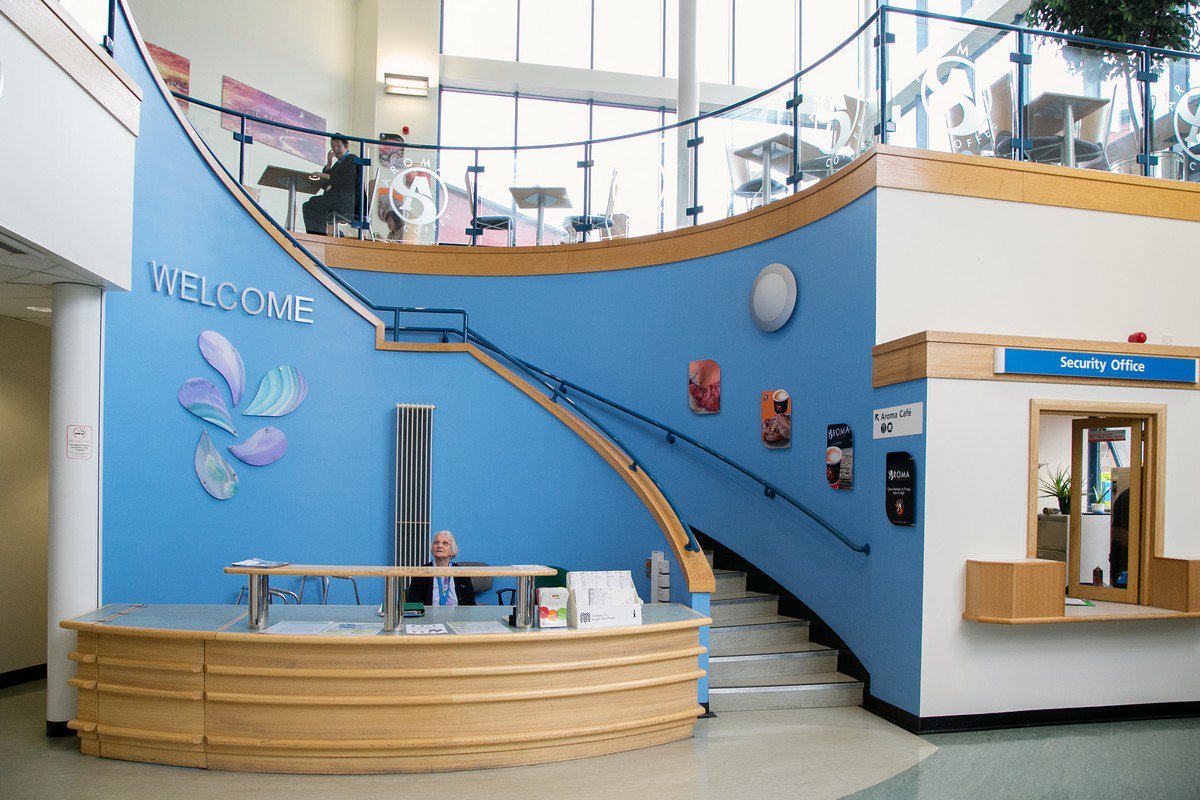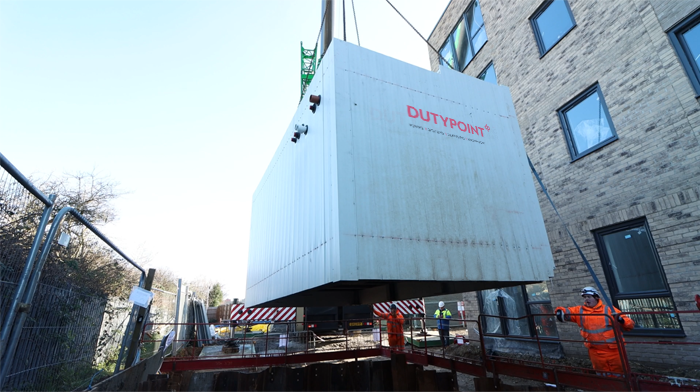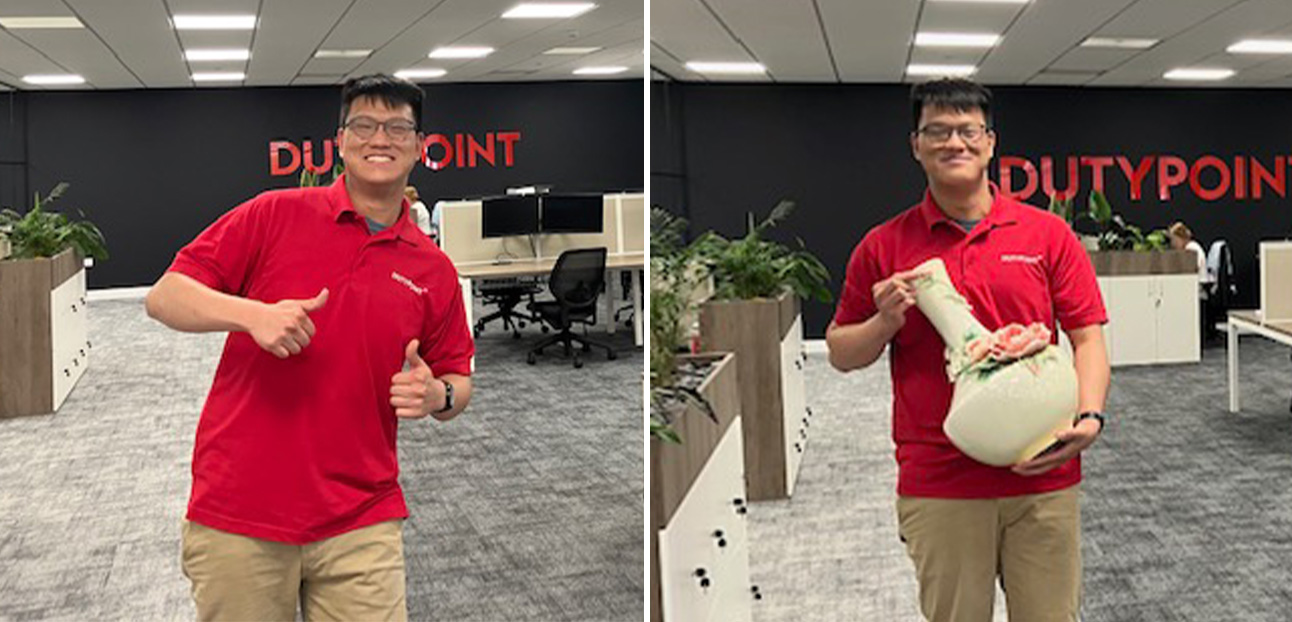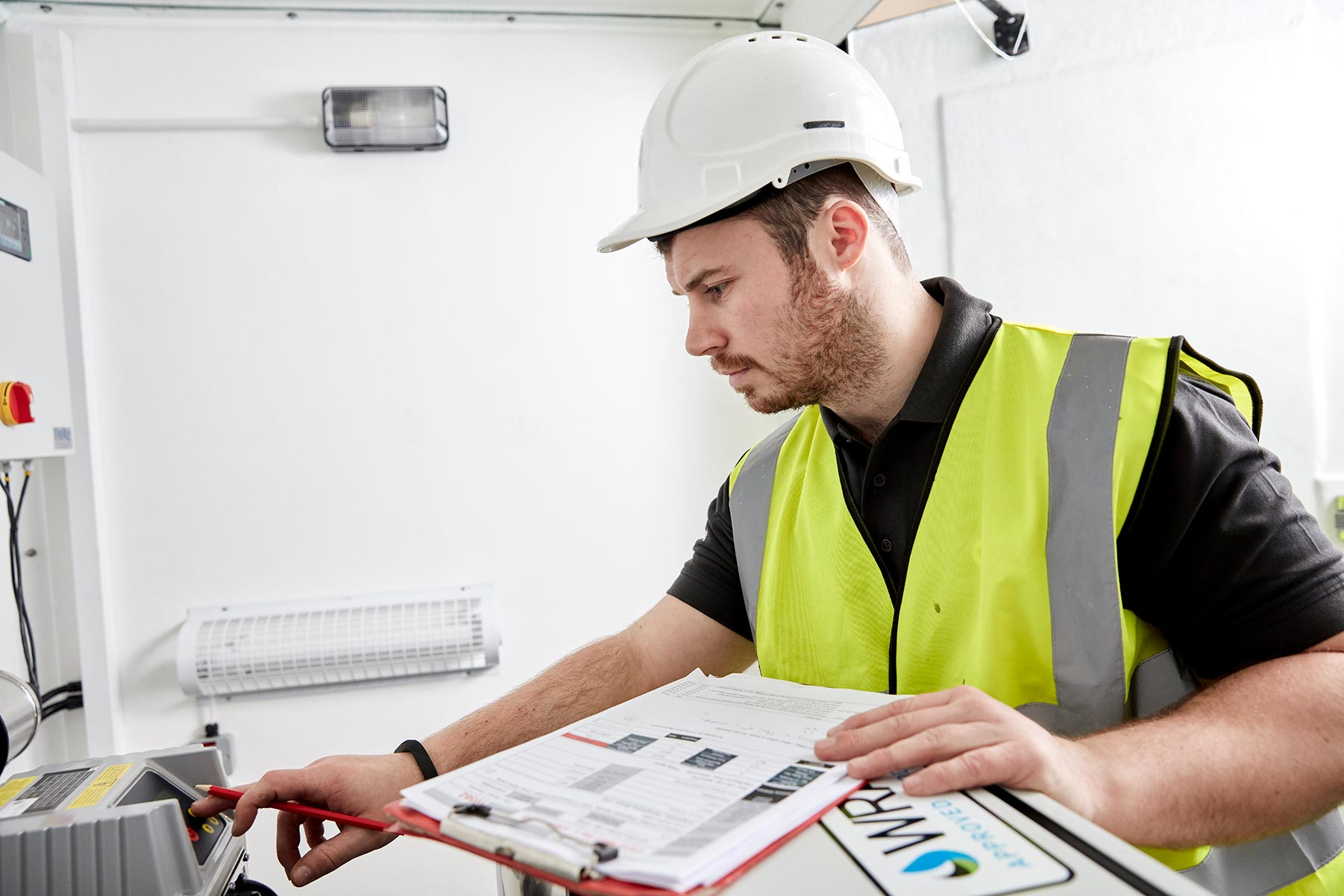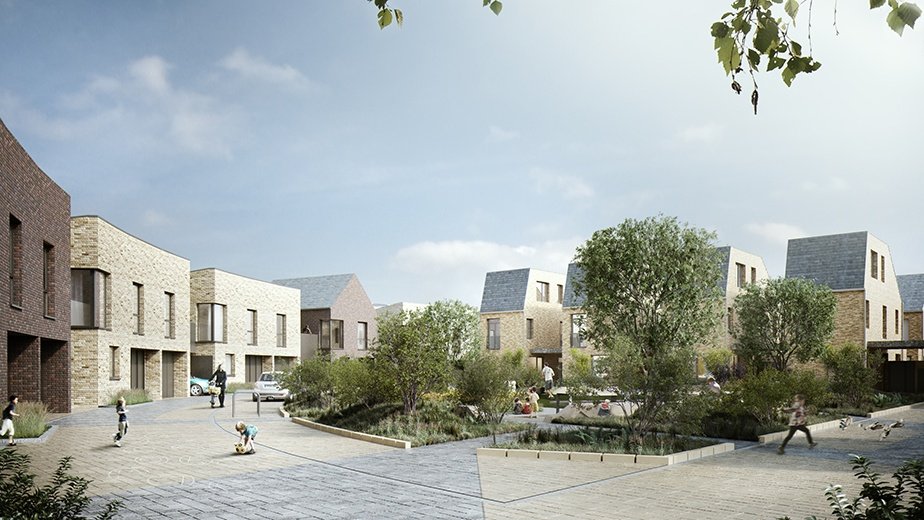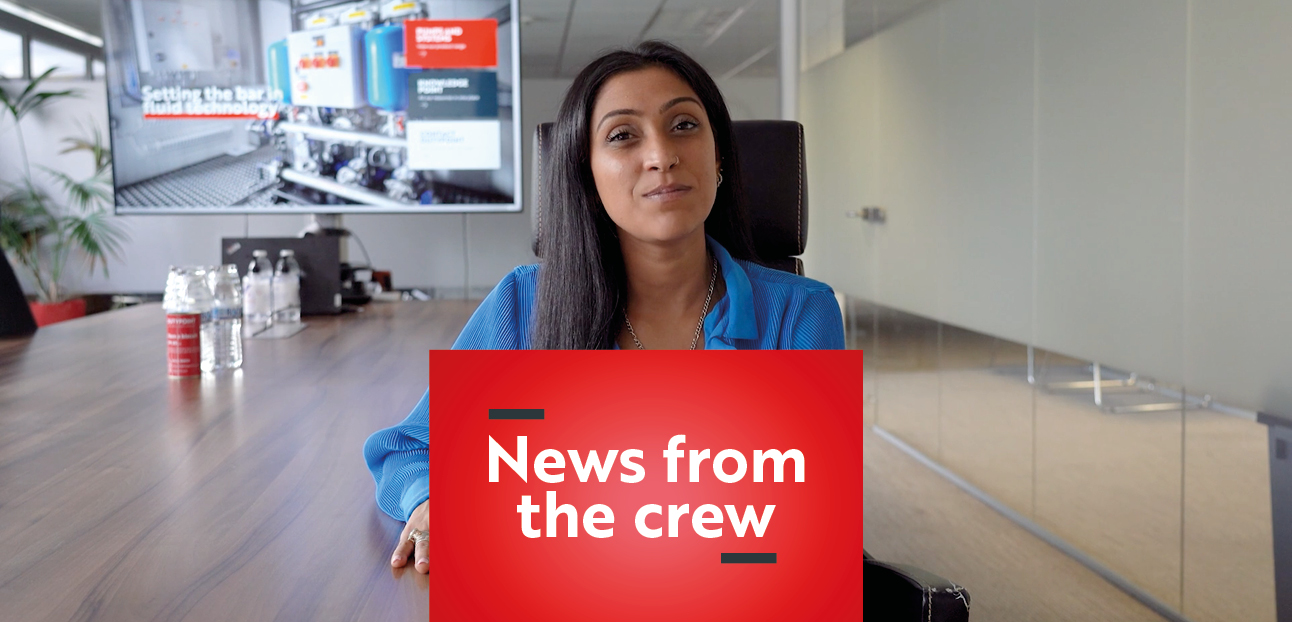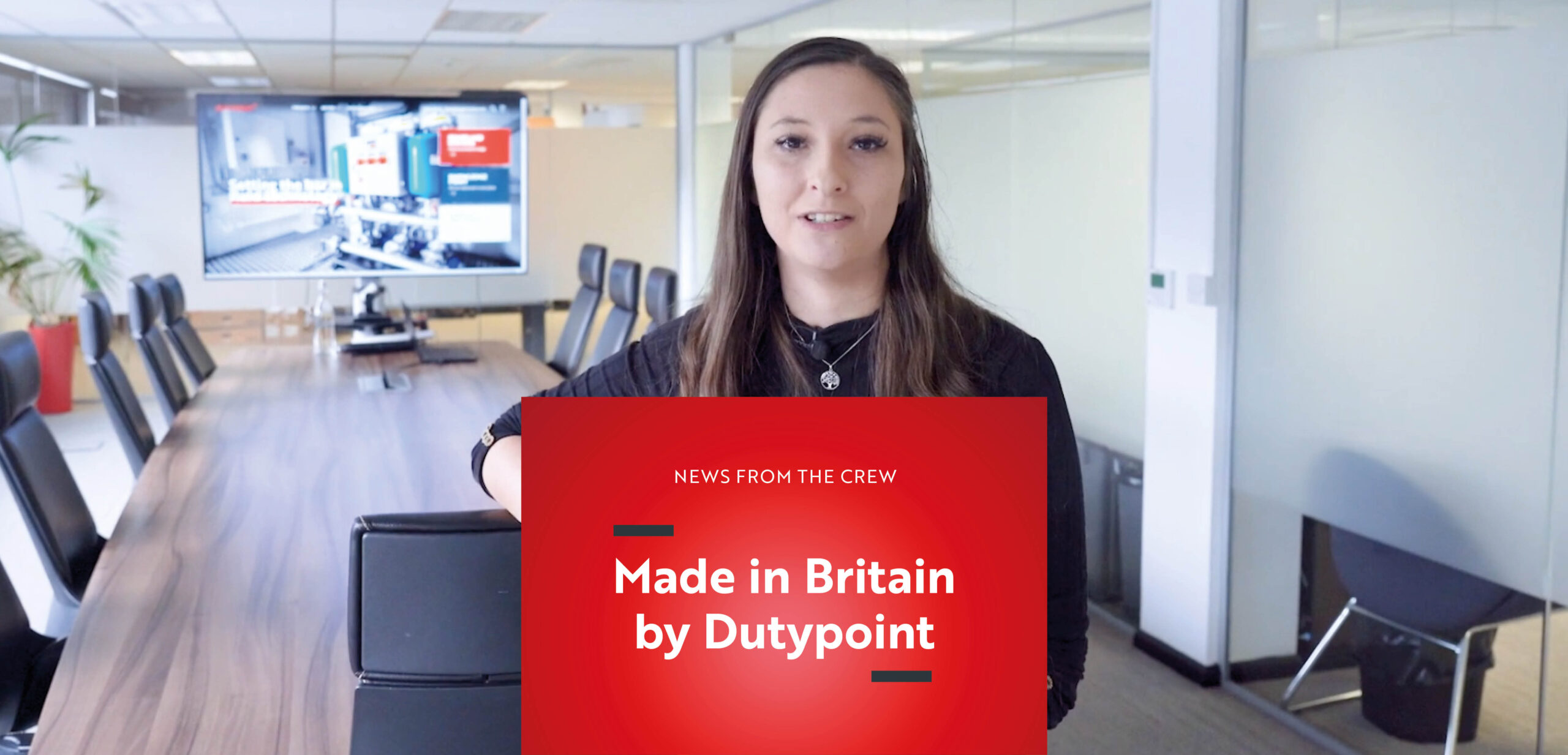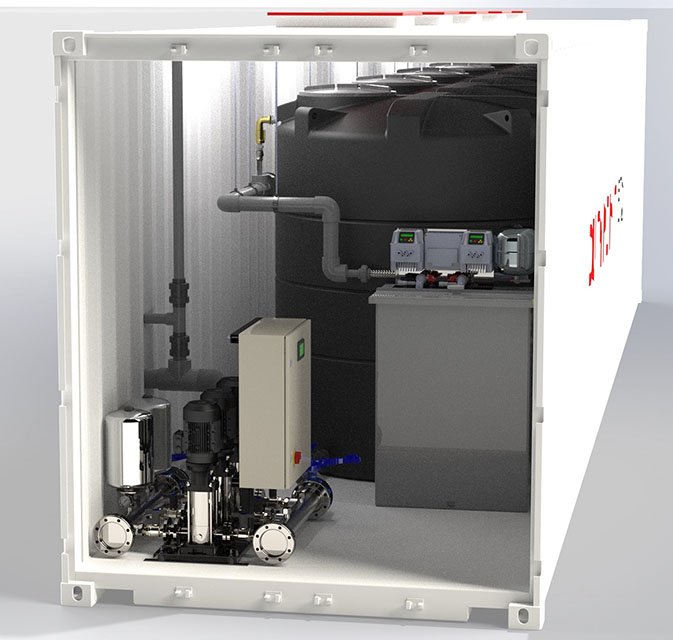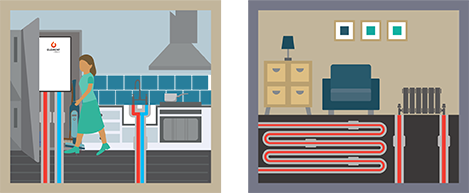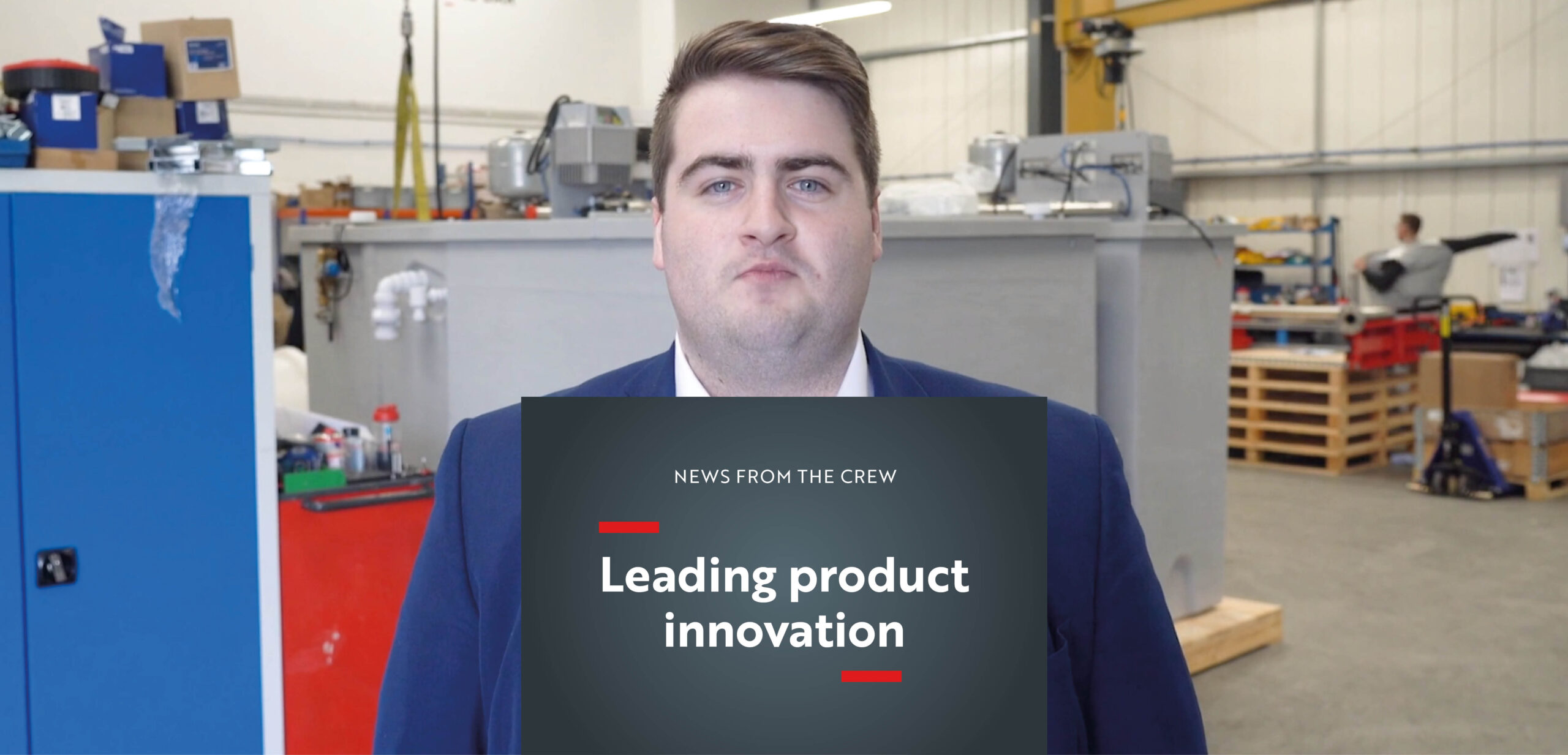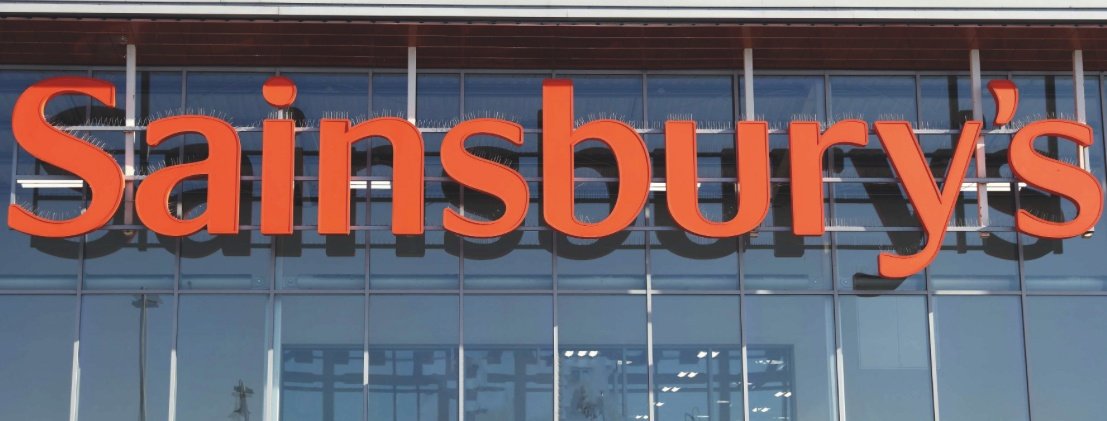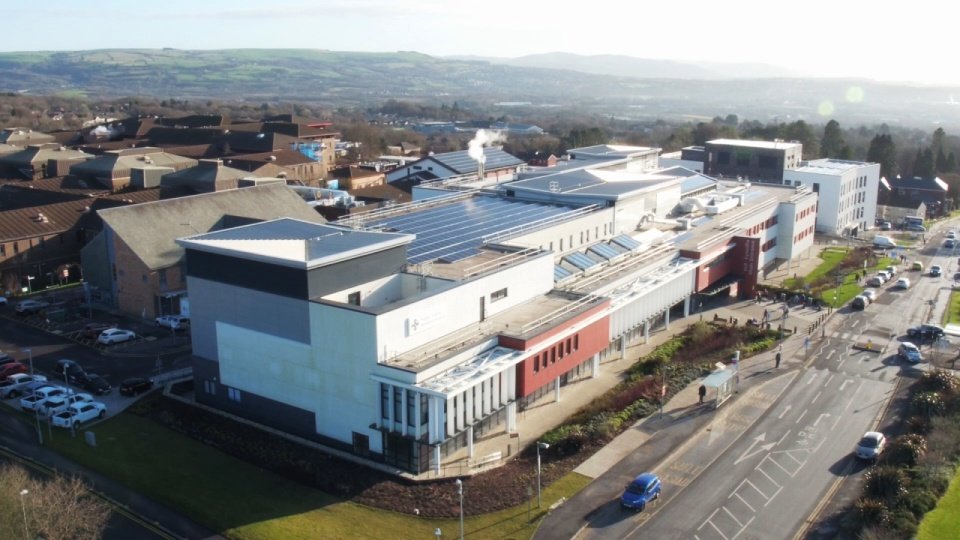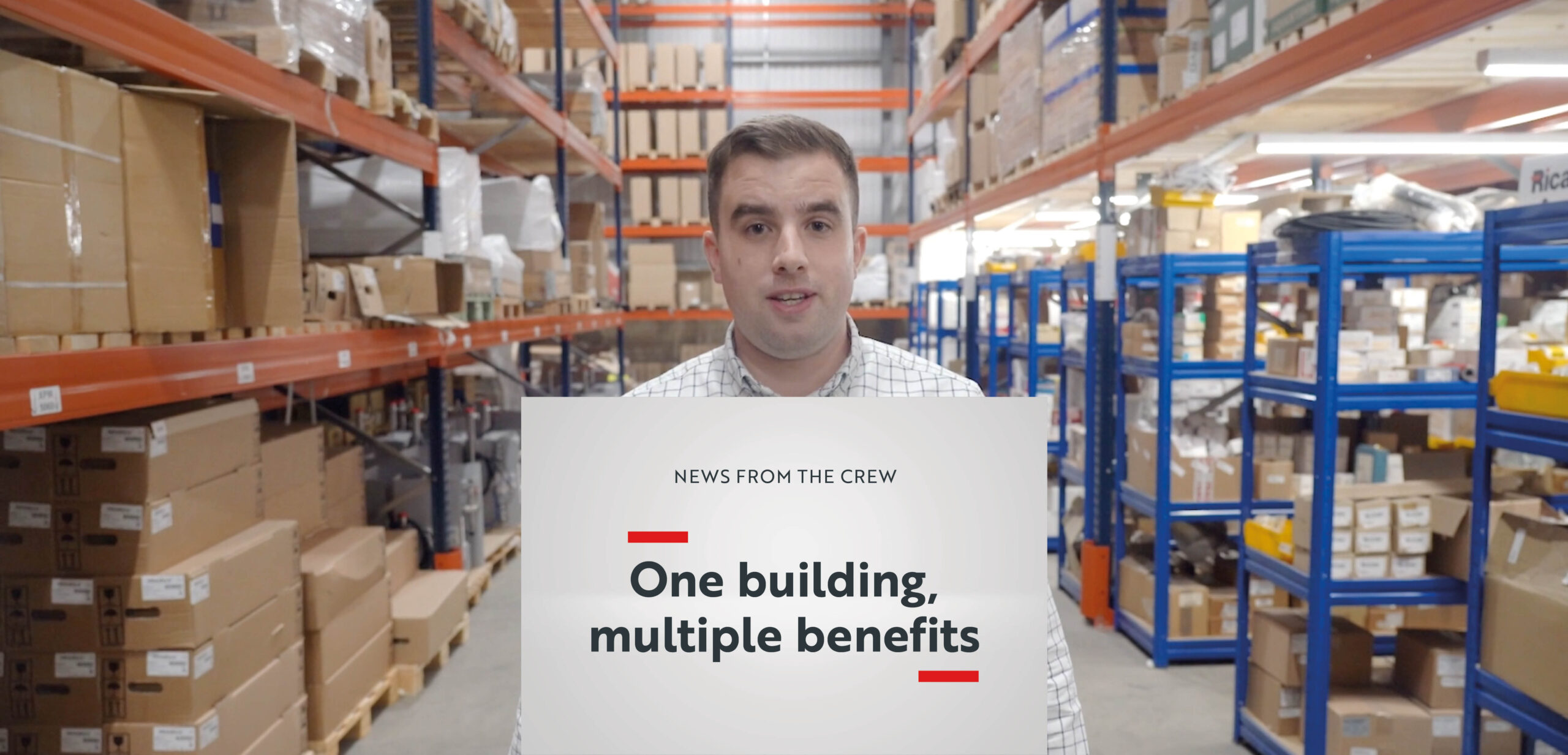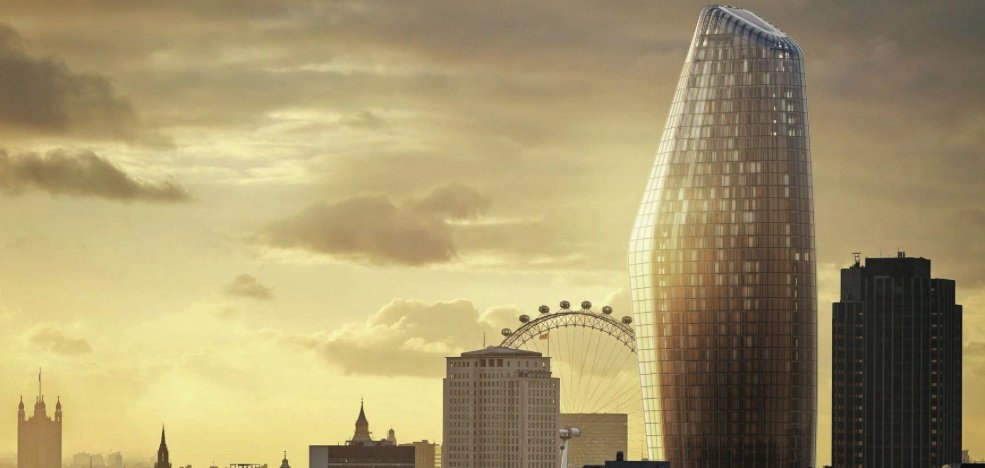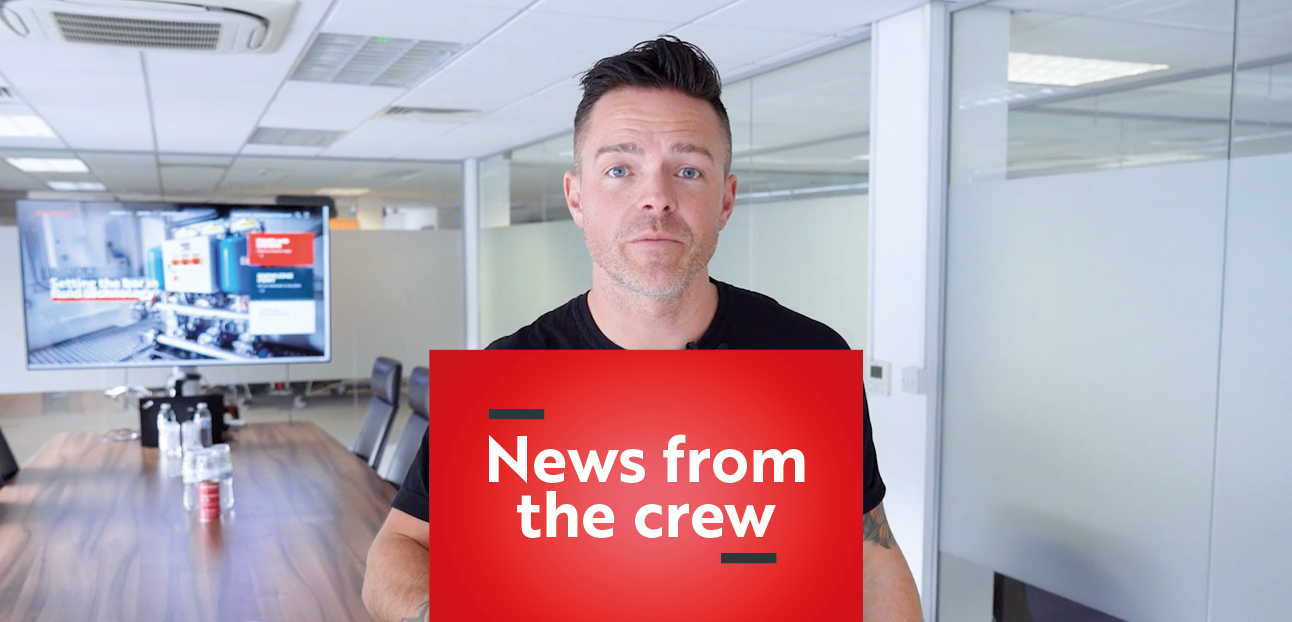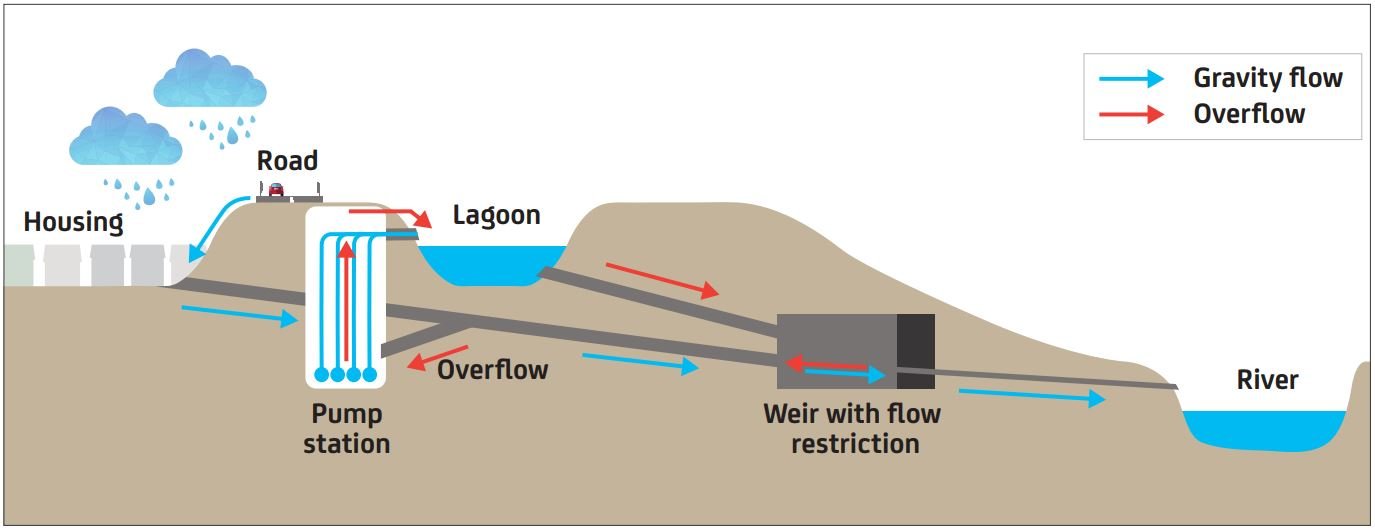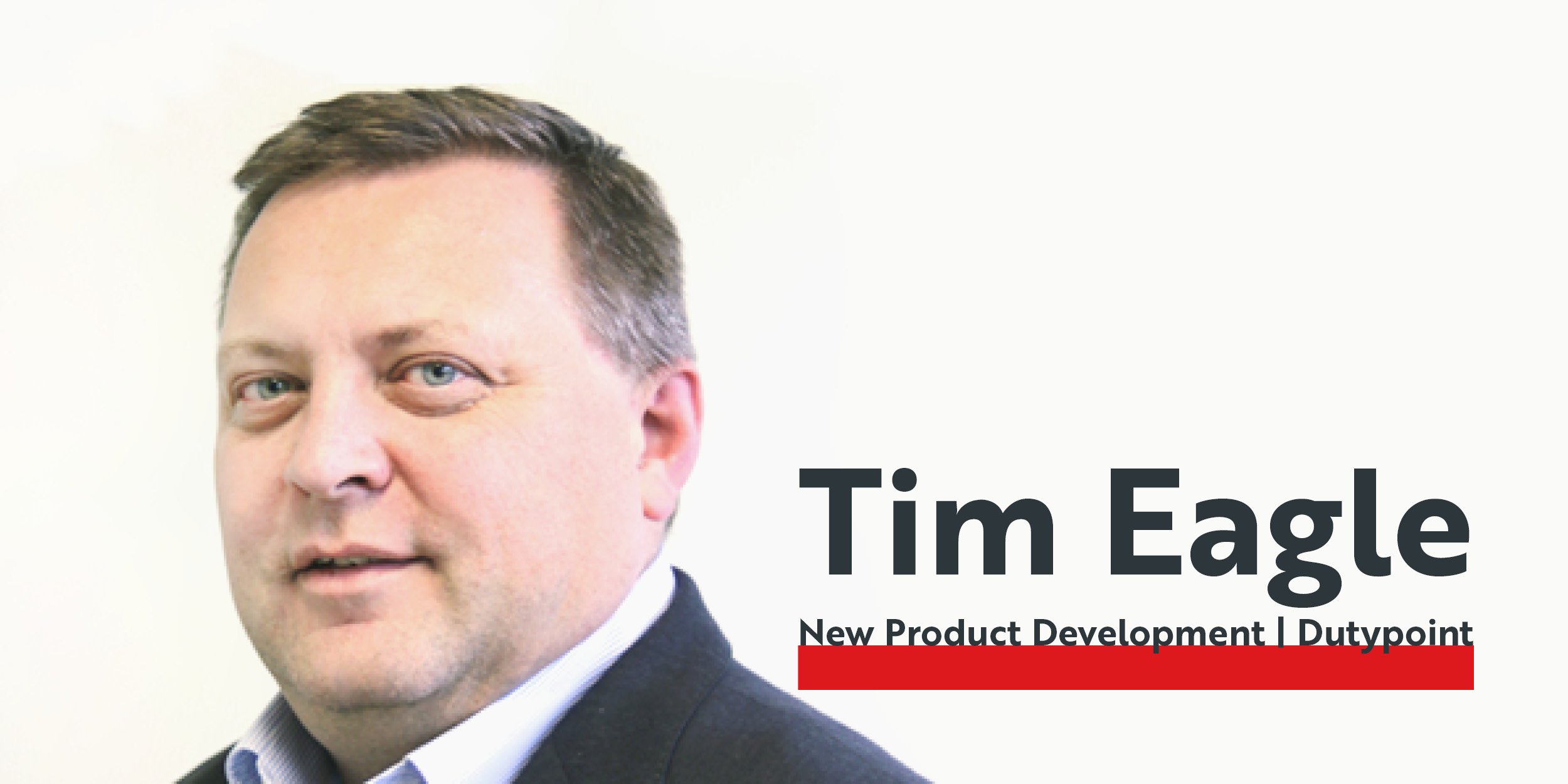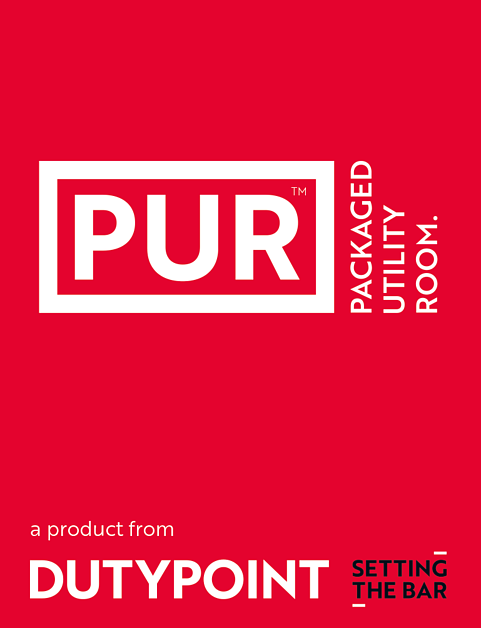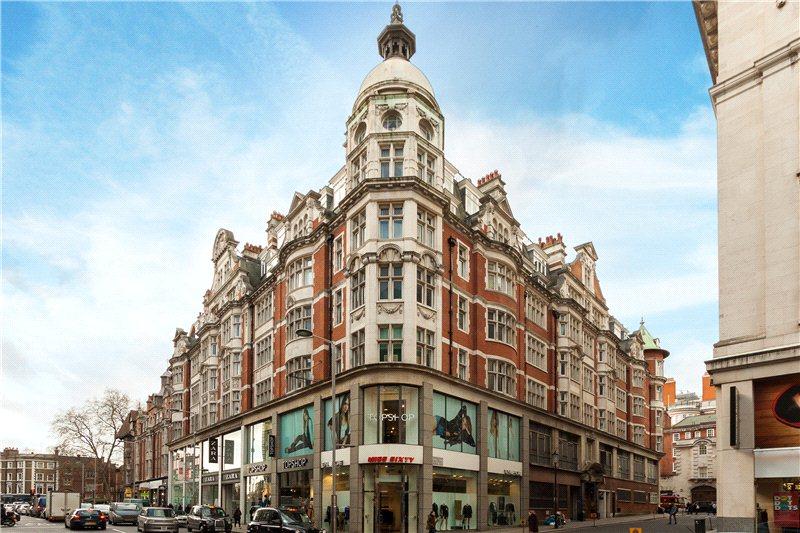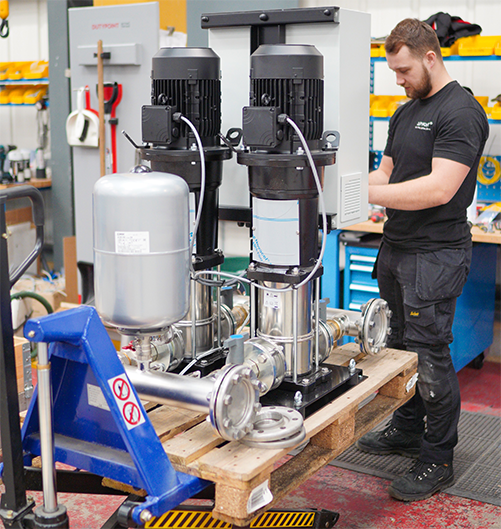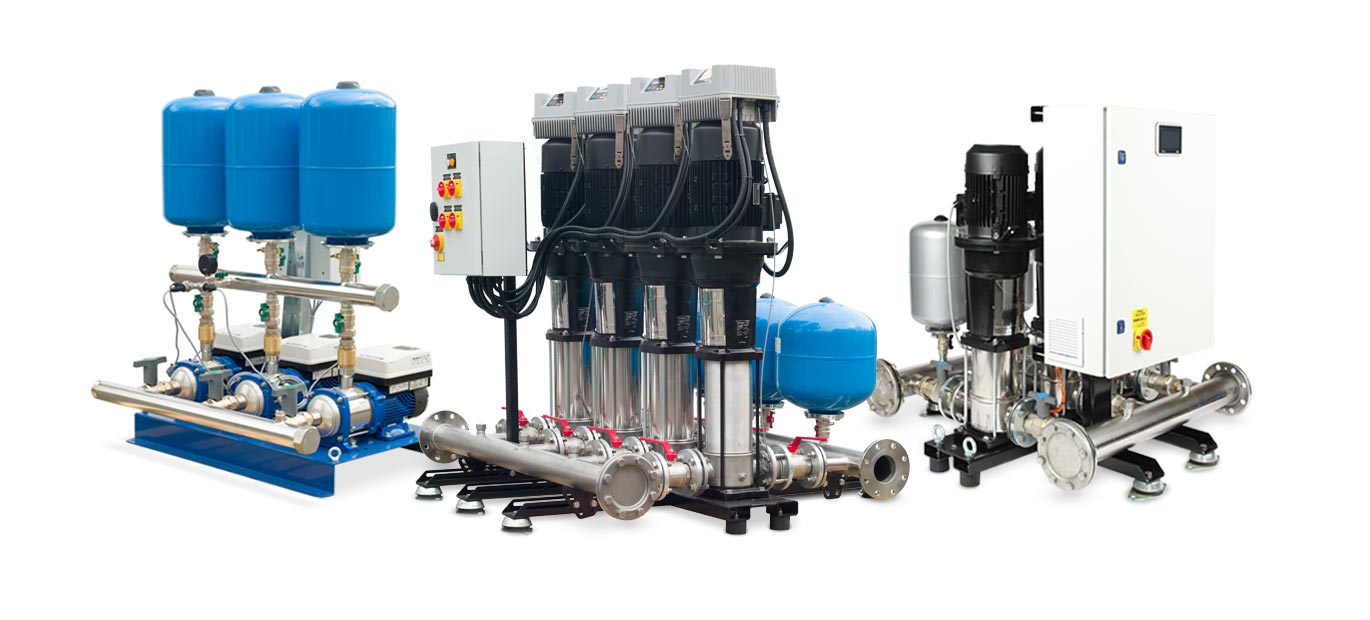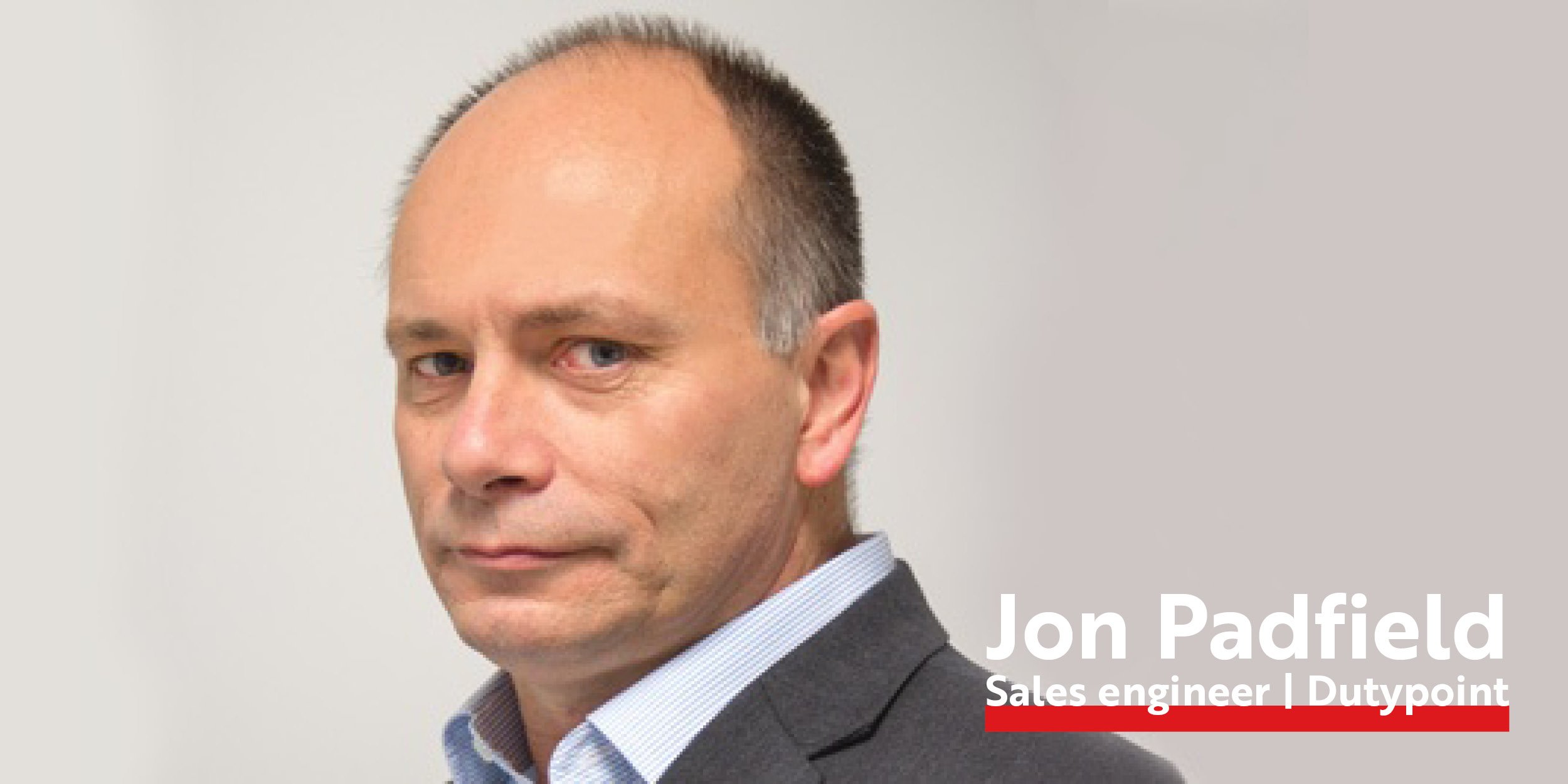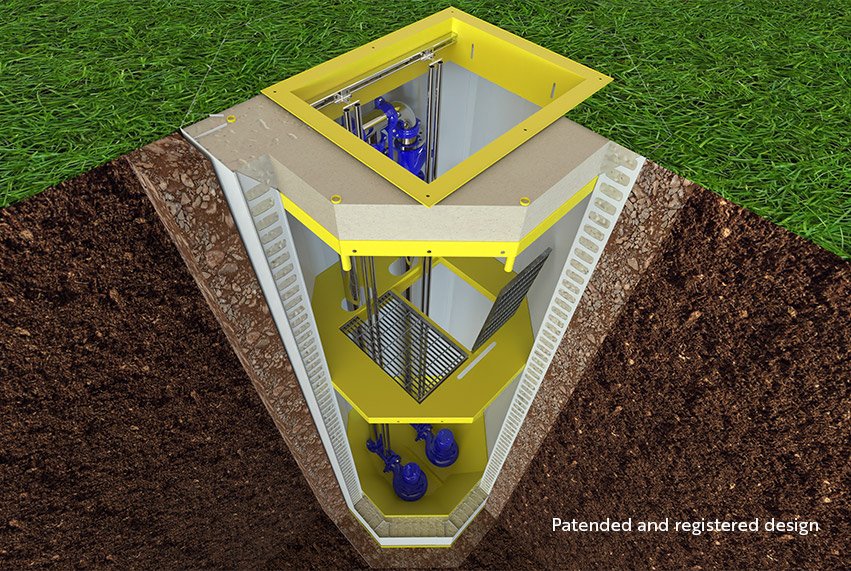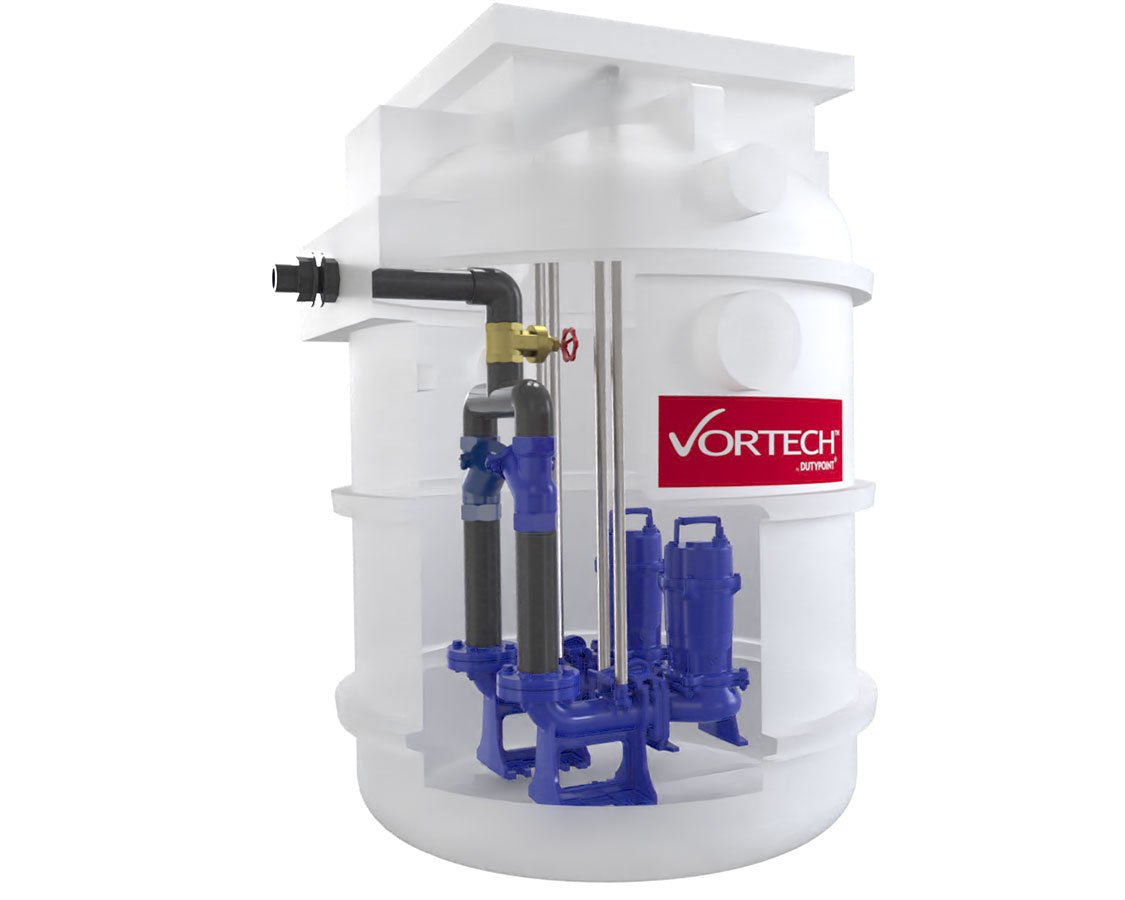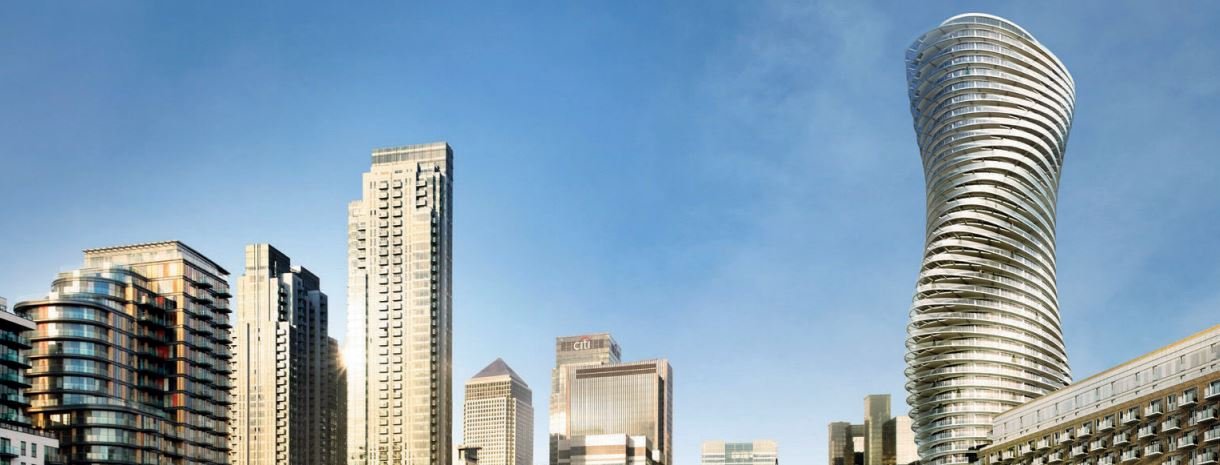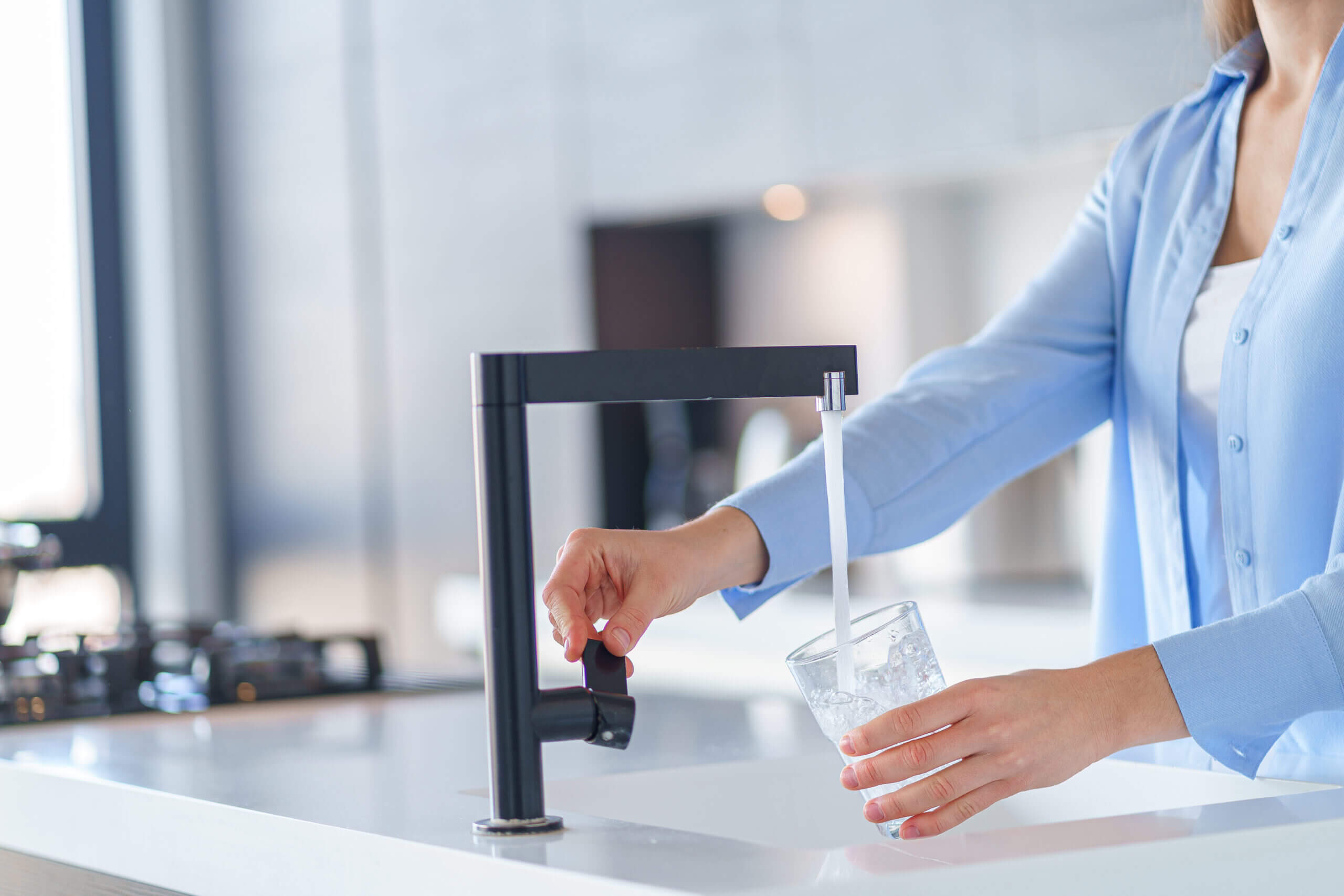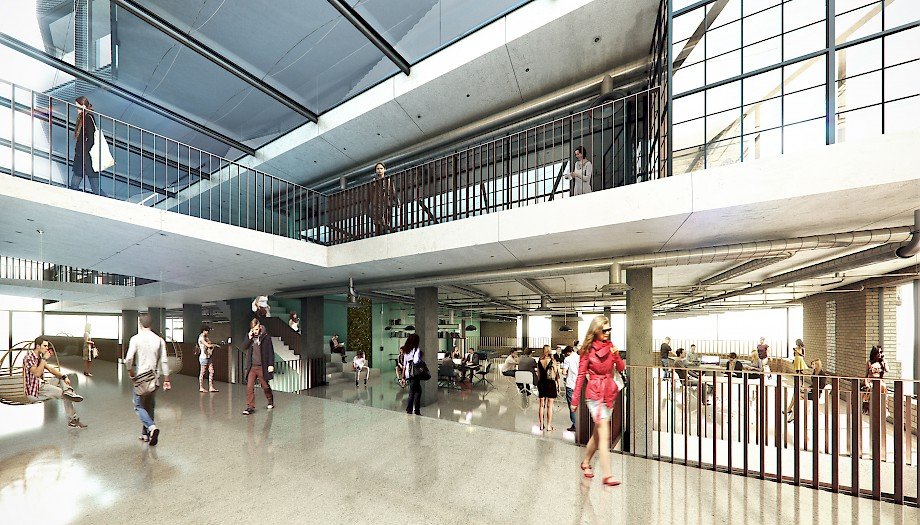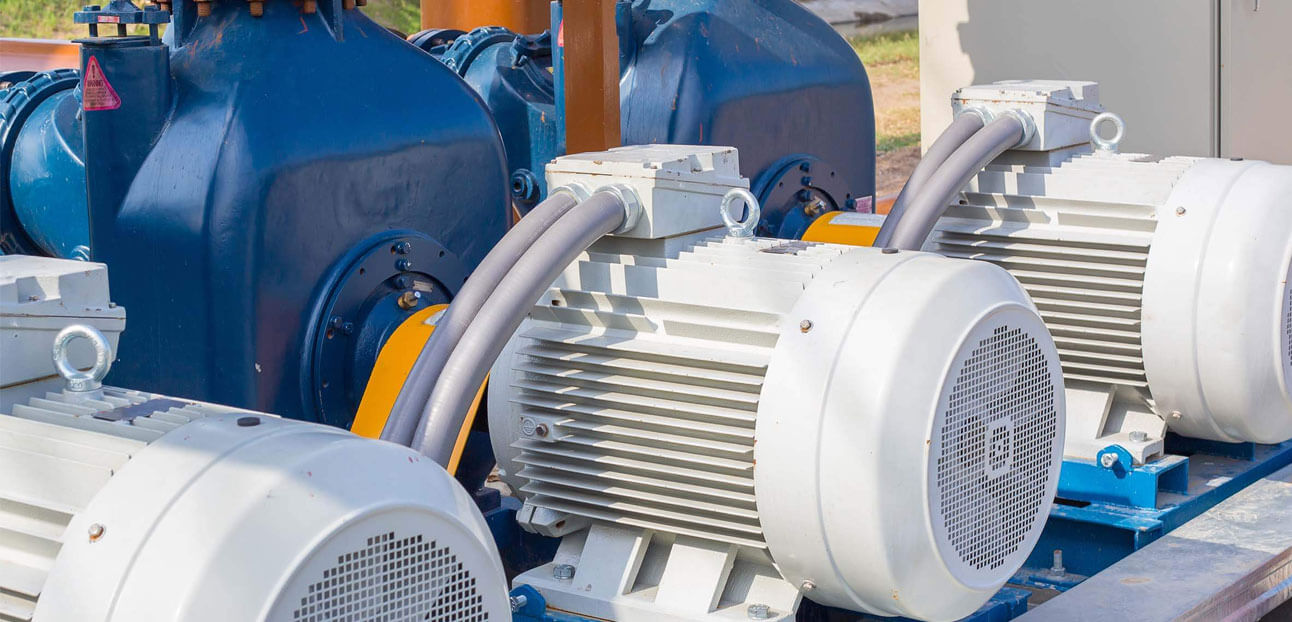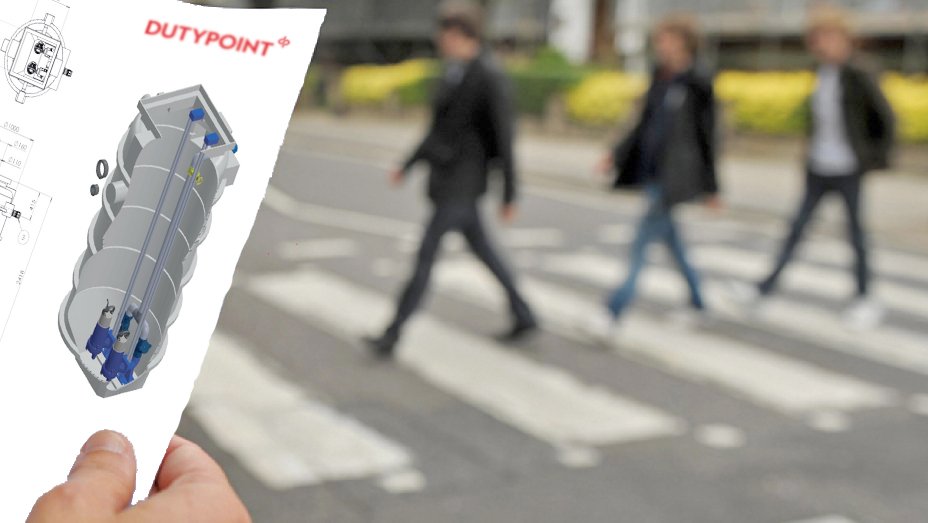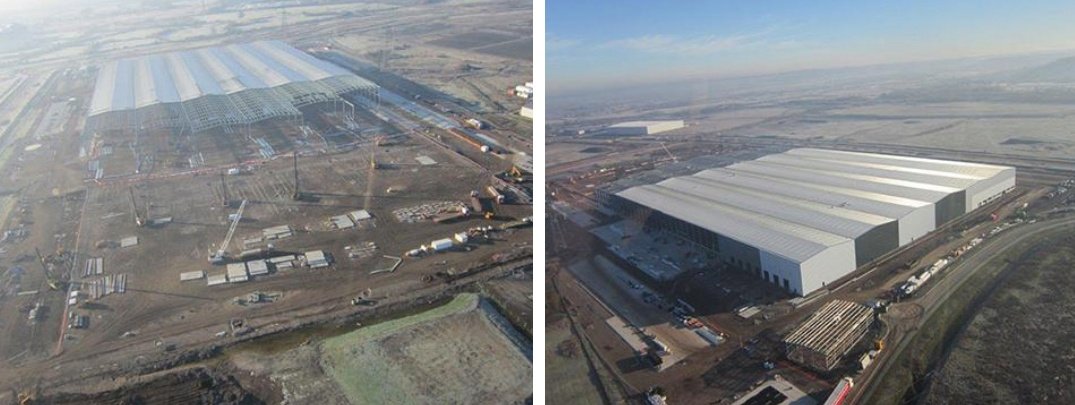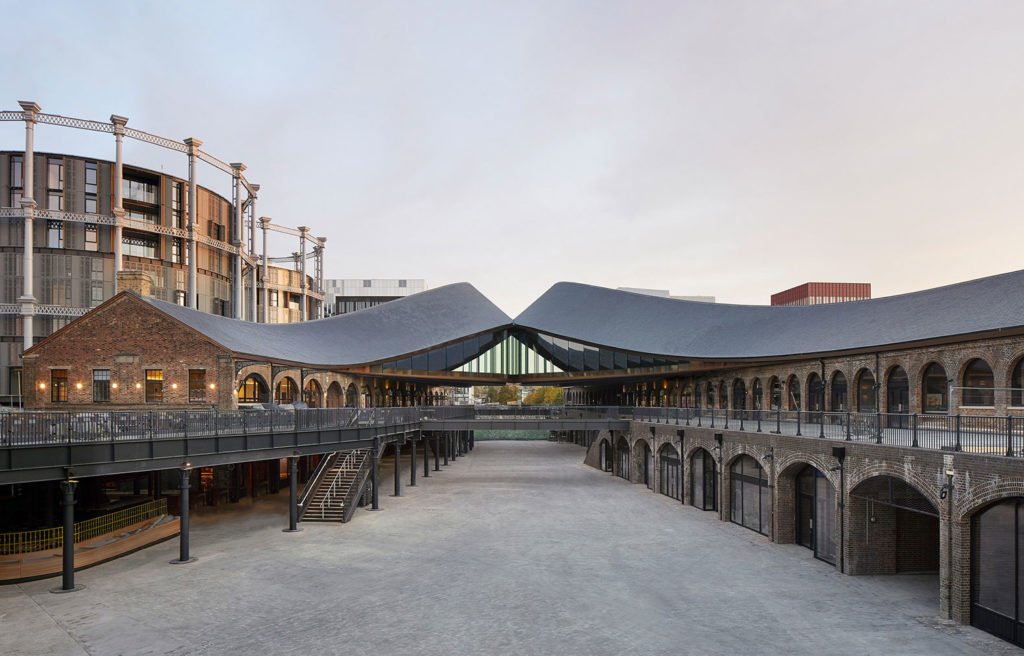Why is Fire Safety Important in Residential Care Homes?
Fire safety is one of the most important aspects of any enterprise, but residential care homes present unique challenges which must be considered. Care homes provide a place of community, safety and security to some of the most vulnerable members of our society. Many residential care homes are repurposed from older, historical buildings, which were not built to withstand or prevent the rapid spread of fire. Residents themselves often live with accessibility barriers, from mobility issues, to poor vision and hearing, leaving them highly dependent on efficient fire safety measures to protect them in an emergency.
Without the appropriate precautions, the lives of residents are put at risk. In an emergency, fire safety precautions, such as sprinkler systems, can buy precious time to safely evacuate residents. Furthermore, a sprinkler system can drastically reduce damage to personal items and property, saving money and reducing emotional distress. Hence, it is imperative that a care home has watertight fire safety procedures, as well as reliable equipment that meets the latest fire safety legislation. Understandably, failing to meet the appropriate fire regulations can result in fines from governing bodies.
What are the Most Common Fire Hazards in Residential Care Homes?
Residential care homes present a number of distinctive fire hazards:
Kitchens – According to the London Fire Brigade, ‘cooking and cookers’ are responsible for 41% of fires in residential homes, and a further 21% of fires are caused by other kitchen appliances. Kitchen fires can be started or exacerbated by faulty electrical or gas appliances, combustibles such as old cooking oil or build up of grease in extraction fan units.
Electrical Equipment – Residential care homes house a large amount of electrical equipment from specialised care equipment to maintenance appliances. Overloaded plugs, exposed wires and faulty equipment can result in overheating or arcing events. This poses a major fire hazard, especially when in close contact with other combustibles, such as paperwork or oxygen tanks.
Mobility Scooters – One major example of hazardous electrical equipment in care homes are mobility scooters. Mobility scooters contain highly flammable lithium batteries, which can burn extremely hot and produce large amounts of smoke once ignited. Further to this, mobility scooters can also cause serious obstructions to escape routes during a fire. Scooters should be charged and stored in a separate room, ideally with a fire safety door and appropriate fire detection.
Smoking – Another common fire hazard in residential care homes, 13% of fires have been found to be related to smoking. Residents, unaware of the hazard, may light and improperly dispose of cigarettes resulting in a fire. Banning smoking in rooms, or only allowing smoking with supervision by a care assistant can reduce the likelihood of a smoking-related fire.
Improper Practice – A common but dangerous example of improper practice in residential care homes is wedging open fire safety doors. Fire-safety doors are sometimes wedged open by residents or carers, voiding their ability to slow down the spread of fire, toxic fumes and smoke. Where it benefits residents to have doors open, automated fire door retainers should be fitted so the door can still close in an emergency. Ensuring staff understand and adhere to proper fire-safety regulations is necessary to save lives and reduce damage to property.
How Can Dutypoint’s Sprinkler Systems Protect Residential Care Homes?
Sprinklers are especially effective at controlling the early-spread of fire, providing valuable extra time for safe evacuations. In a survey regarding fire-safety in residential care-homes, the Chief Fire Officer Association calculated that appropriately fitted sprinklers could reduce potential deaths by 41%, injuries by 12% and property damage by 94%.
However, to provide effective fire-protection, sprinkler systems must comply with the BS 9251:2021 guidelines which ensure the highest standard of installations and maintenance. At Dutypoint, our expert in-house team have designed our intelligent fire sprinkler systems to meet the latest BS 9251:2021 guidelines. This includes our ResiSHIELD Fire Sprinkler Pump range, designed to provide instant response and fail-safe continuous pressure to your fire sprinkler systems. To ensure that power to the sprinkler system remains uninterrupted, we have also created the ResiPOWER range of online UPS systems and battery banks.
Not only are our products designed to meet the latest safety regulations, but Dutypoint is highly experienced in manufacturing pump solutions for the care home industry. From new care homes under construction, to period buildings requiring innovative pump solutions – our experts are ready to collaborate with you to find the perfect pump solution tailored to your needs.
If you are currently developing or refurbishing a residential care home, and require specialist advice on the appropriate fire-safety sprinkler systems, get in touch with our expert team today.




 Lloyd Preston
Lloyd Preston  3 July 2024
3 July 2024 
